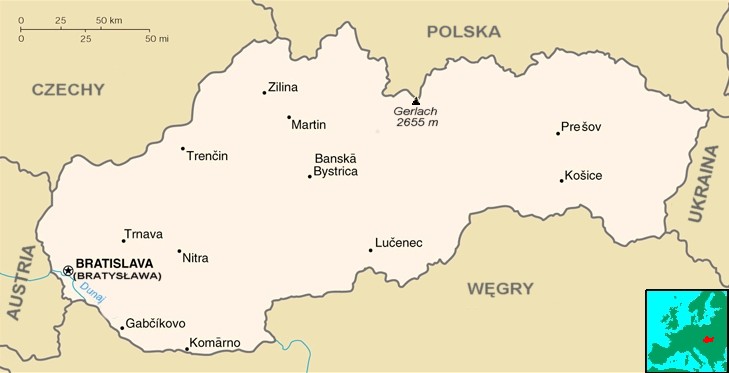Freedom and Solidarity, the only Slovakian liberal party in the current parliament, has been facing a serious crisis since April 2013. Slightly more than four years after its foundation, five of its deputies quit SaS and joined the New Majority, a party founded by a conservative politician, Daniel Lipšic. Following this split, SaS even had to dissolve its parliamentary group – eight deputies are the minimum number to maintain it; SaS has only six.
Since the Velvet Revolution in 1989, only a few Slovakian political parties have declared liberalism as their basic ideological pillar. Moreover, such projects have not been very successful: the parties declaring to be liberal that got into parliament did not survive there for more than one election period. “These political groups were internally extremely unstable and their representatives did not truly identify with liberal values,” says Grigorij Mesežnikov, President of the Institute for Public Affairs.
Freedom and Solidarity (SaS) seemed to be different. After its foundation in February 2009, its popularity rocketed high. In the 2010 election, SaS gained 12.14% of votes and 22 seats in parliament. In the early election two years later, they lost half of their seats, but still obtained 5.88% of votes and became the first liberal party in Slovak history that managed to remain in parliament for two consecutive election periods. Yet recent developments indicate that SaS could follow suit.
“Now, Freedom and Solidarity has to concentrate on a highly energy-consuming fight for survival instead of a systematic opposition against the paternalistic policies of the governing party,” comments Grigorij Mesežnikov.
The political orientation of the New Majority is still quite unclear. However, a clash between the newly joined liberals and the older, conservative members is probable. “Although a minority in number, the conservatives in the New Majority have the advantage of having already created structural elements of the existing political entity, which they control from the inside. It is likely that the New Majority will be shaped as a conservative party. For those former members of the SaS who will try to keep a strictly liberal line, this can be a serious problem,” adds Mesežnikov. Thus, the future of liberal parties in Slovakia is not very bright. The threat that they will face the same gloomy fate as liberal parties in other Central and Eastern European countries is looming.
How does the inter-political situation influence the chances of the liberals in the European election in 2014? In 2009, SaS managed to reach 4.7% of the electorate, which was an unexpected success because at that time the party had existed only for a few months. However, in the current situation the outlook is much gloomier. SaS and the New Majority will be fighting over the young, educated citizens. “Given the circumstances, even a slow decrease in the support of voters can have fatal consequences for any of the existing central-right parties,” sums up Mesežnikov.



















No comments
Be the first one to leave a comment.